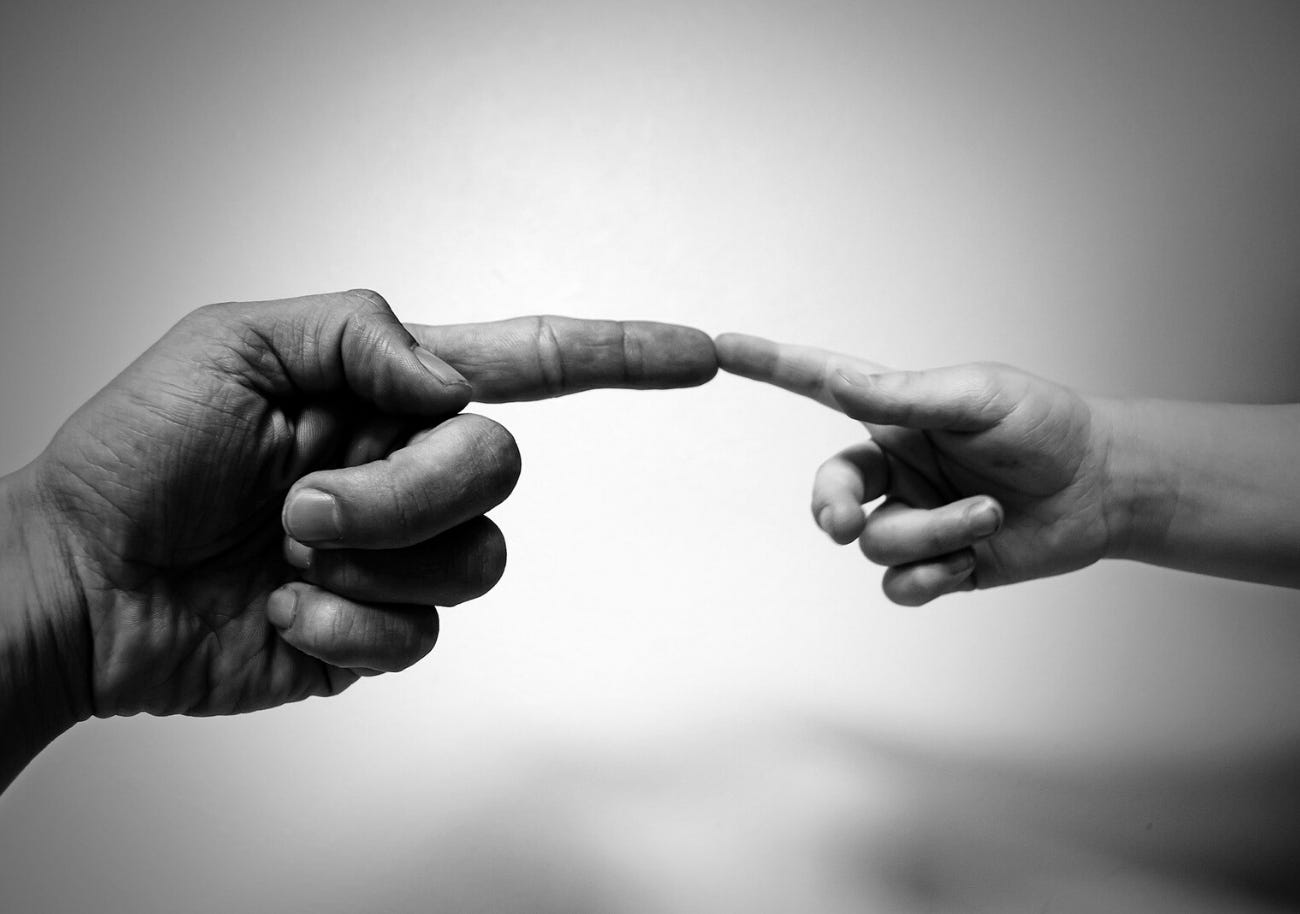When I was in my twenties, death and disease seemed completely unreal to me. Of course, like everyone else I got the occasional annoying cold or flu, but I was never under the impression that I could actually die. Except in quite a theoretical way, like the sort of thing you learn in biology class. But the past few years have radically changed my perspective. I am now beginning to understand the fragility of our life on this earth.
It all began when my heart starting thumping as I awaited the arrival of my first child, and I had the first real nose bleed of my life. At the time, I thought little of it, but over subsequent days, it became a nearly daily occurrence. At the time, I was being treated for moderate hyper-tension. The doctors assumed my nosebleeds were being caused by anxiety and high blood pressure, so they reinforced my blood pressure meds.
I knew there was something wrong, as the nosebleeds continued unabated. I suspected it may have been connected to my blood pressure medication, but the doctors involved assured me this was not the case. With each new bleed, my fears multiplied. I began to dread the next bleed, and mostly, the unnamed cause behind it.
One day, the bleeding became unstoppable. I will never forget the morning things came to a head: my newborn daughter was screaming for a feed in the room beside the kitchen; I was holding my head above a plastic bowl to catch the blood squirting out of my nose in abundance. I shouted to my wife to call an ambulance. “Are you sure?,” she said. “Absolutely,” I replied. I knew this was no regular nose bleed.
I sat in an ambulance holding a cloth over my nose. The paramedics tried to be reassuring, but I felt like my life was falling apart. I sat in the Emergency Department of Pamplona’s public hospital awaiting medical attention, for what seemed like an eternity - my best guess, between an hour and an hour and a half. The bleeding slowed down but did not abate. They tried to stop it with gauze, but when that didn’t work, they inserted an inflatable balloon into one side of my nose and blew it up inside. That stopped the bleeding.
I felt enormous relief. My life was no longer falling apart. I at least had a reprieve to pull myself together. It did not take me long to realise that it was almost certainly the blood pressure medication. It was the only thing, apart from the birth of my daughter, that had coincided with the first serious nose bleeds in my entire life. I pressed my doctor. He relented and switched me to another medication.
That was almost three years ago. Thankfully, I have not had a nose bleed since I stopped taking that medication, and can look back on the whole episode as a crisis in the distant past. Undoubtedly, a crisis that marked me for life. But a crisis in the past, nonetheless.
Those nosebleeds, which coincided with my becoming a father, marked a watershed moment in my life. Before I became a father and was forced to confront my own fragility, I felt physically invincible. Death was something that happened to other people. Serious disease was only something that afflicted the elderly. I felt I was practically exempt from all of that.
But now, after confronting my own mortality head-on, I can no longer continue with that old charade. I now know, in my heart, that I am fragile and vulnerable, just like everyone else around me. Of course, I was just as fragile before. The only difference is, now that I have experienced my own fragility in a visceral way, there is no turning back. I can no longer pretend I am somehow above it all.
A few weeks ago, a colleague’s brother died suddenly in his sleep, at the age of 66. No warning, no diagnosis: he just passed away. An esteemed academic and a cherished colleague to so many people. Then, a few days ago, a friend’s father had an accident playing disc golf and got paralysed from the waste down.
I am not sure what to make of these events, except to notice that they are very real and vivid reminders, as a priest recently said at a funeral Mass for my colleague’s brother, that we are all so vulnerable and fragile.
For some, this may be extremely disheartening to learn. But for others, it is liberating, because they are freed from idle and childish fantasies of immortality. They are freed to value life as a precious gift, that is fleeting but no less valuable for that.
The myth of invincibility and immortality breeds narcissism, vanity, hubris, complacency, superficiality, and arrogance. Understanding and sensing our own fragility can cultivate an attitude of seriousness, a sense of realism and gratitude for the moments we are given on this earth; and a sense of hope that is not grounded in our own strength, but in the strength of God.


